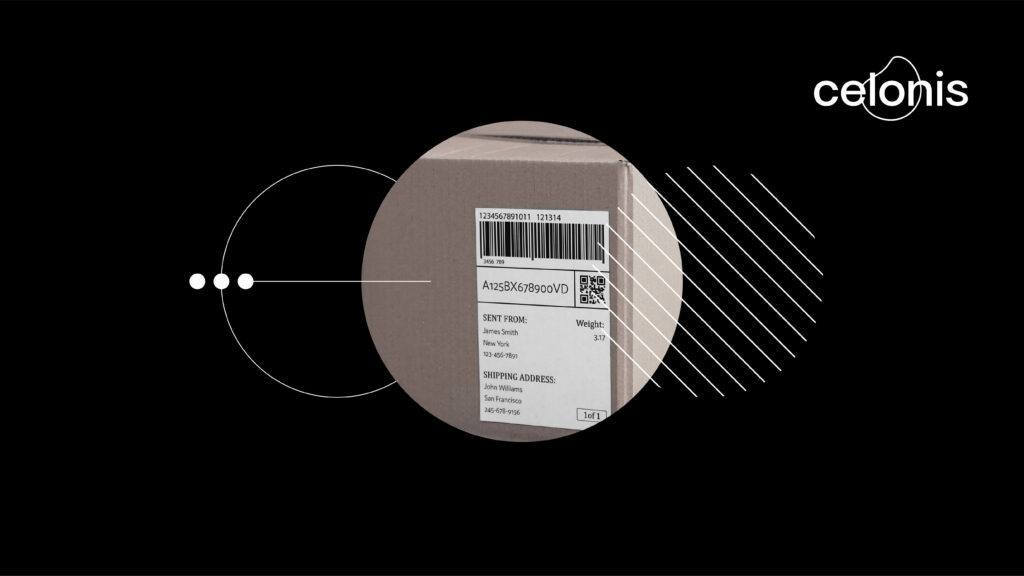Supply chains are under pressure from geopolitical tensions, economic challenges, changing customer demands and internal ESG goals. Across industries, businesses are trying to transform their supply chains and make them more efficient, more resilient and able to deliver more value. Yet many organizations face a disconnect that hampers their supply chain transformation efforts.
Supply chains are essentially one giant process made up of many smaller, interconnected processes. Unfortunately, these mini-processes often run across different systems and departments that don’t communicate well with each other. Members of one team, such as procurement, may use terminology and language that’s unfamiliar to the others, like inventory management or order management. This disconnect means that a change to one part of the supply chain process can have unforeseen and potentially negative consequences on another.
Successfully transforming and optimizing supply chains requires a process-led approach, and a technology connects all the systems and people involved, giving everyone across a business an end-to-end understanding of how the supply actually runs.
Celonis Process Intelligence acts as the connective tissue of a supply chain. It uses process mining to identify value opportunities within the supply chain and allows users to zoom out, look at the entire process and see how a small change in one part will affect the supply chain as a whole.
With Process Intelligence, users can improve on-time, in-full deliveries by prioritizing and taking action on credit and delivery blocks. Excess inventory is reduced by updating safety stock based on real-world trends and transferring stock from locations with excess, to ones at risk of a stockout. Operating costs can also be reduced by eliminating unnecessary touches and limiting excess inventory purchases.
Supply chain problems are process problems and, by taking a process-first approach to supply chain transformation, businesses are delivering real-world value. Using Celonis Process Intelligence, one of the world’s largest food and beverage companies saw an 86 percent reduction in rejected sales orders. A multinational pharmaceutical company achieved a 30 percent reduction in touch time and 40 percent reduction in price changes, and a global advanced materials manufacturer improved its on-time deliveries by 27 percent.
By making business decisions backed up by data-driven intelligence, you can guarantee your company will have a place in the future of your industry. The right supply chain solution could be the tool you need to help reach your growth targets.




